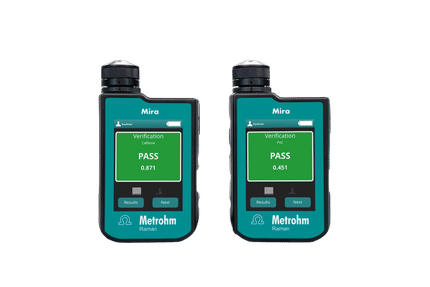To use all functions of this page, please activate cookies in your browser.
my.chemeurope.com
With an accout for my.chemeurope.com you can always see everything at a glance – and you can configure your own website and individual newsletter.
- My watch list
- My saved searches
- My saved topics
- My newsletter
Adefovir
Product highlightAdefovir dipivoxil, previously called bis-POM PMEA, with trade names Preveon® and Hepsera®, is an orally-administered nucleotide analog reverse transcriptase inhibitor (ntRTI) used for treatment of hepatitis B. It is a failed treatment for HIV. HistoryAdefovir was invented in the Institute of Organic Chemistry and Biochemistry, Academy of Sciences of the Czech Republic by Antonín Holý, and the drug was developed by Gilead Sciences for HIV with the brand name Preveon. However, in November 1999, an expert panel advised the U.S. Food and Drug Administration (FDA) not to approve the drug due to concerns about the severity and frequency of kidney toxicity when dosed at 60 or 120 mg. The FDA followed that advice, refusing to approve adefovir as a treatment for HIV. Gilead Sciences discontinued its development for HIV treatment in December 1999 but continued to develop the drug for hepatitis B (HBV), where it is effective with a much lower dose of 10 mg. FDA approval for use in the treatment of hepatitis B was granted on September 20, 2002, and adefovir is sold for this indication under the brand name Hepsera. Adefovir became an approved treatment for HBV in the United States in September 2002 and in the European Union in March 2003. Mechanism of actionAdefovir works by blocking reverse transcriptase, an enzyme that is crucial for the hepatitis B virus (HBV) to reproduce in the body. It is approved for the treatment of chronic hepatitis B in adults with evidence of active viral replication and either evidence of persistent elevations in serum aminotransferases (primarily ALT) or histologically active disease. The main benefit of adefovir over lamivudine (the first NRTI approved for the treatment of hepatitis B) is that it takes a much longer period of time before the virus develops resistance to it. Categories: Gilead Sciences | Antivirals |
||||||||||||||||||||||||||||||||||||||||||
| This article is licensed under the GNU Free Documentation License. It uses material from the Wikipedia article "Adefovir". A list of authors is available in Wikipedia. | ||||||||||||||||||||||||||||||||||||||||||







